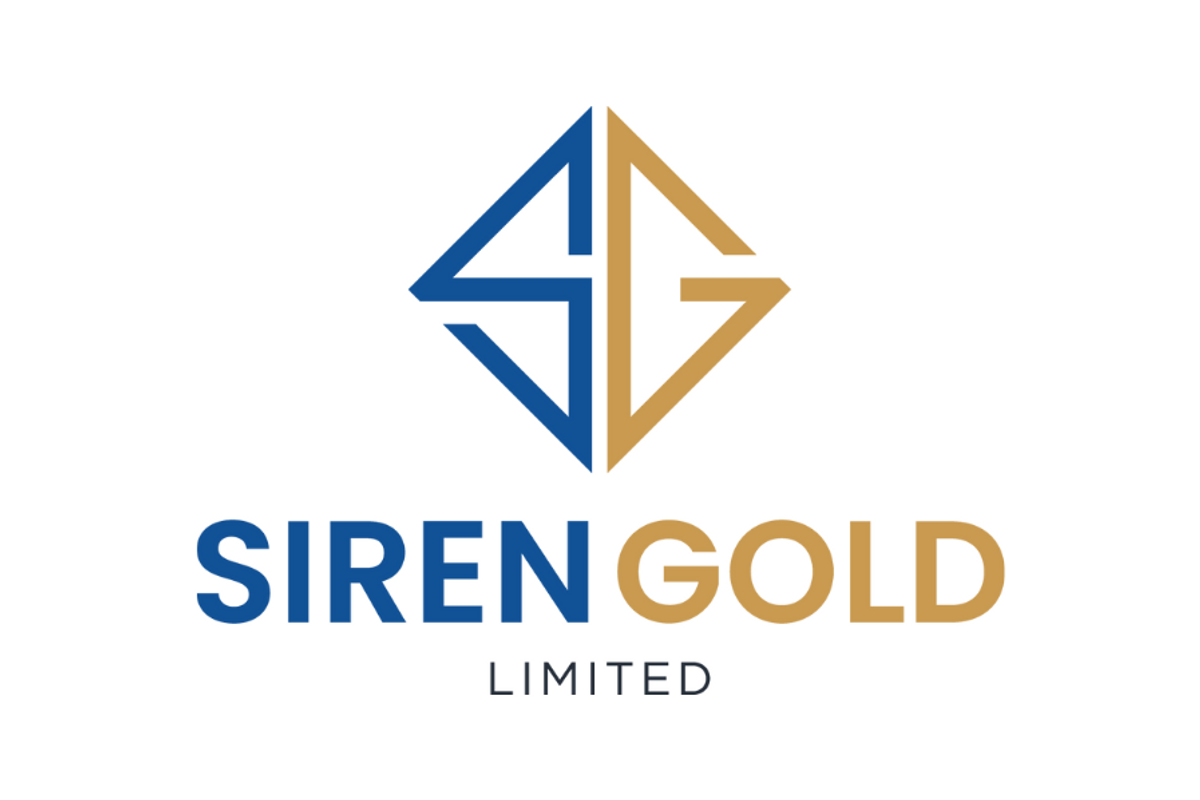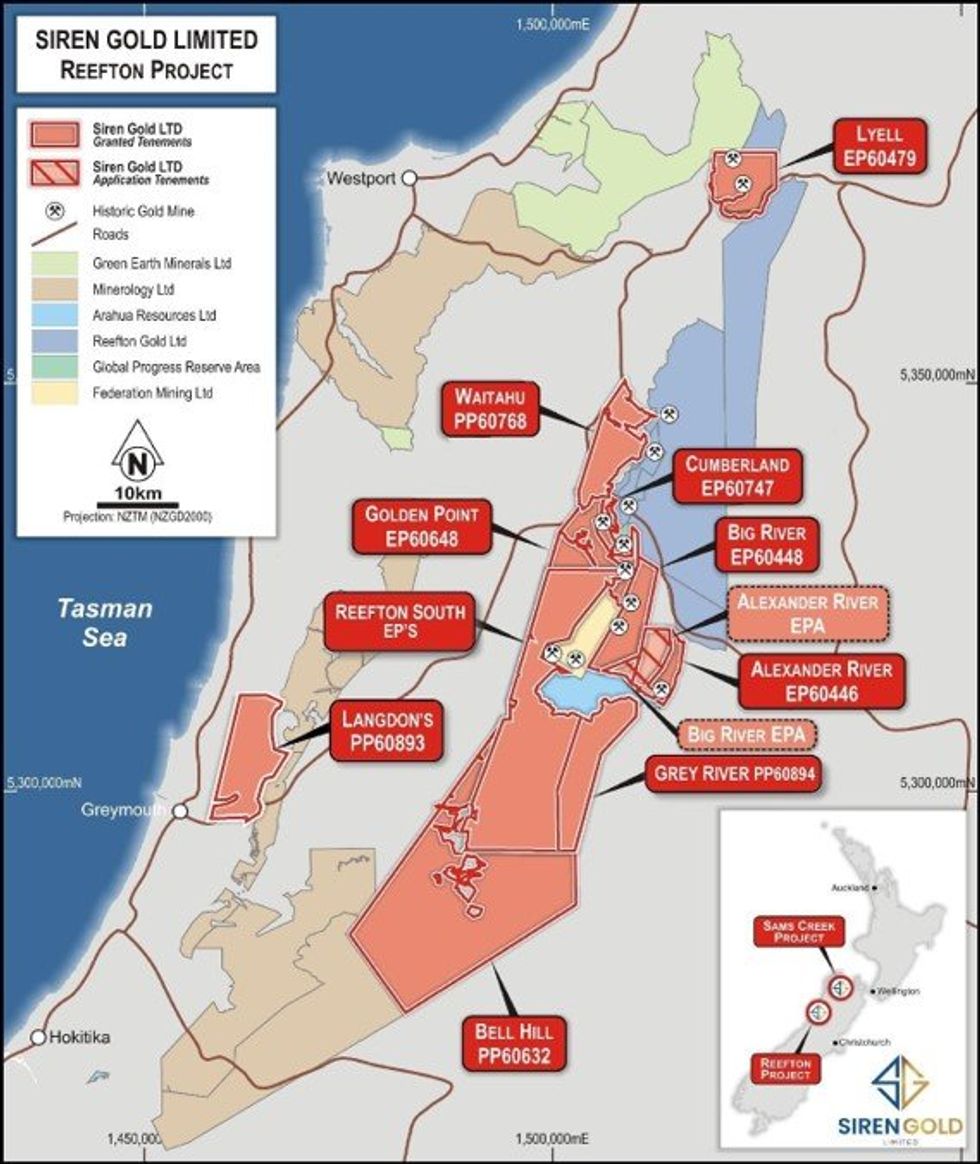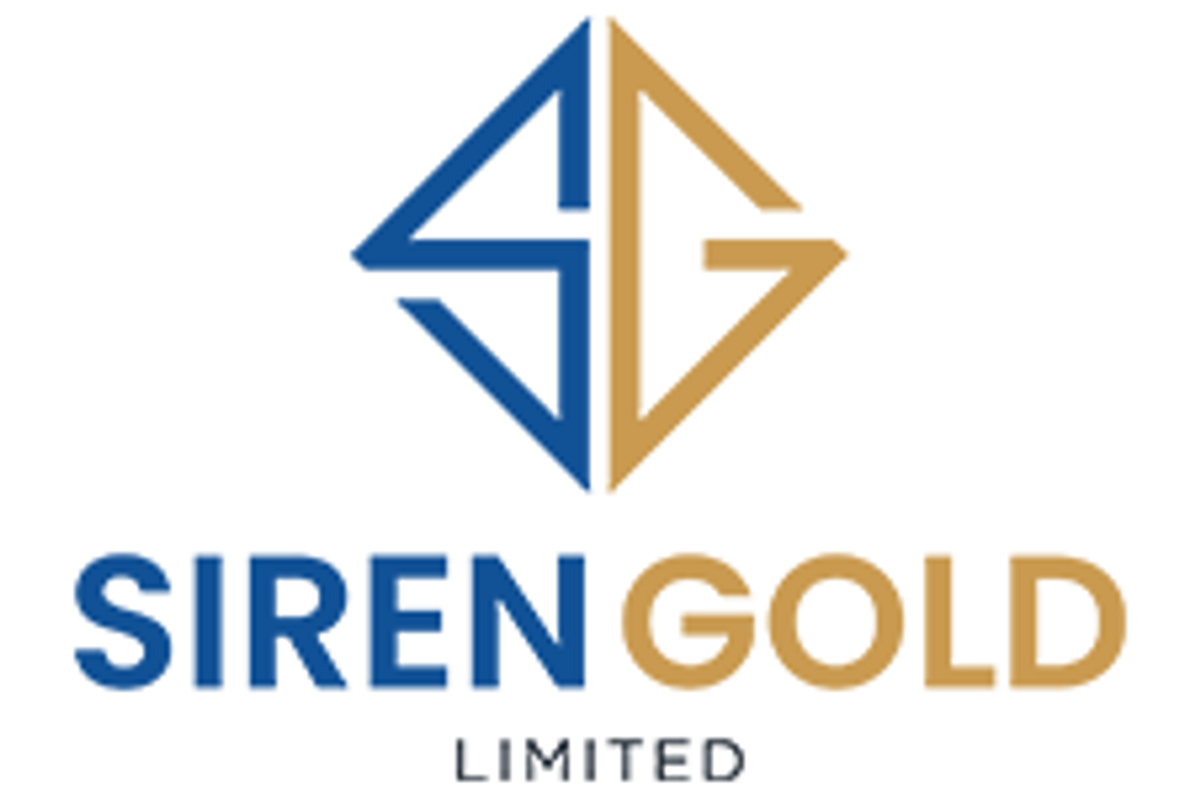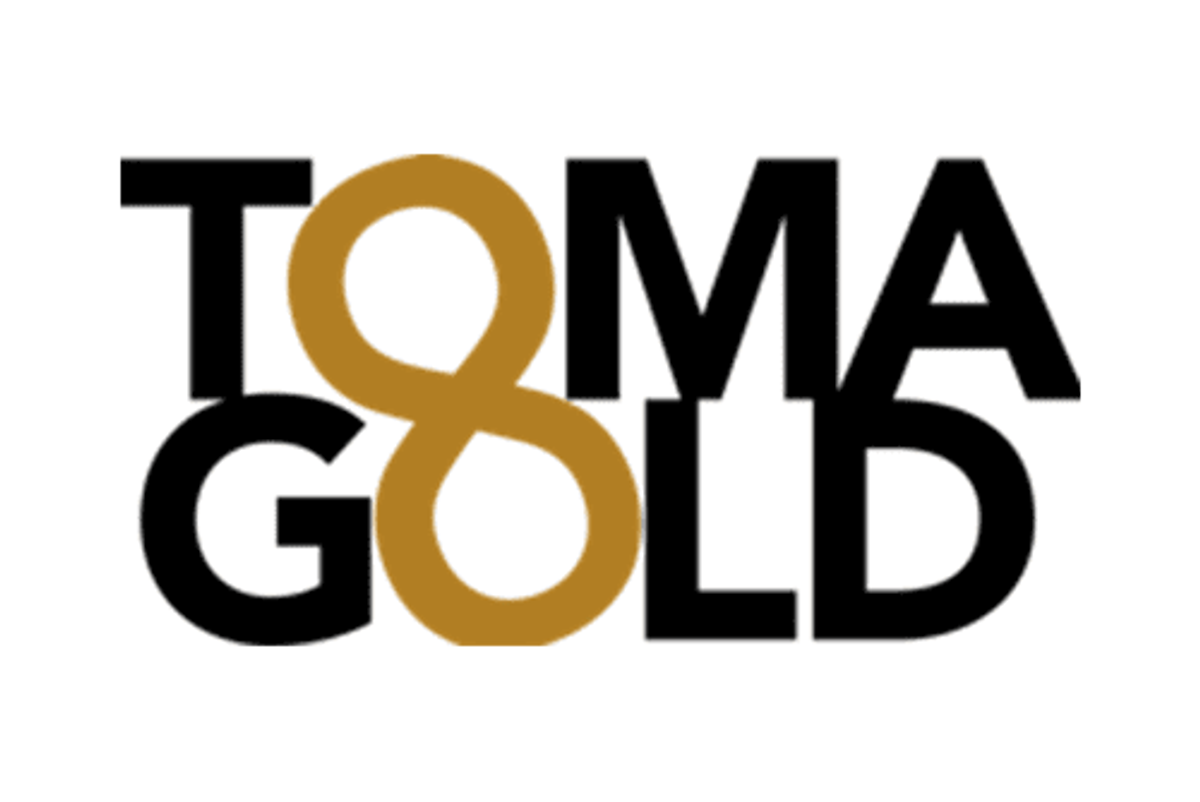
December 19, 2023
Siren Gold Limited (ASX: SNG) (Siren or the Company) is pleased to update shareholders on policy changes announced by the new coalition government in New Zealand.
Change of Government
Siren Gold welcomes the new policy direction from the New Zealand government sworn in 27 November 2023, and their 100-day plan to rebuild the national and regional economies of New Zealand.
Christopher Luxon, New Zealand’s 42nd prime minister, is leading a centre-right government with the National Party, ACT New Zealand and New Zealand First, with clear policy plans to support regional development and the resource sectors.
Key Coalition Agreement Policies
- Update the Crown Minerals Act 1991 to clarify its role as promoting the use of Crown minerals.1
- Explore the potential for a critical minerals list, where such minerals would have a preferential pathway for development once identified.1
- The Parties commit to establishing a fast-track one-stop-shop consenting and permitting process for regional and national projects of significance (Amendment of Resource Management Act 1991).2
- Investigate the strategic opportunities in New Zealand's mineral resources, including vanadium, and develop a plan to develop these opportunities.2
Minister for Resources
The Hon Shane Jones, Minister for Resources, Regional Development, Oceans & Fisheries, recently delivered his first full speech (address in reply debate) with strong support for mining and rare earth mineral extraction, as well as mining on Department of Conservation (DoC) land, stating:
“We're going to have not only a plan but we're going to have some certainty for the providers of international capital who are going to help us develop our economy.
Fast track for aquaculture, fast track for mining, fast track for energy, fast track for infrastructure.
Mining is coming back.”
– The Hon Shane Jones, Minister for Resources
Siren Gold is looking forward to the government’s contribution and commitment to regional and resource development, as we continue to engage with local and regional councils on the West Coast of New Zealand.

Click here for the full ASX Release
This article includes content from Siren Gold, licensed for the purpose of publishing on Investing News Australia. This article does not constitute financial product advice. It is your responsibility to perform proper due diligence before acting upon any information provided here. Please refer to our full disclaimer here.
SNG:AU
The Conversation (0)
18 March 2024
Siren Gold
Exploring Highly Prospective Gold Assets in A Historic New Zealand Mining District
Exploring Highly Prospective Gold Assets in A Historic New Zealand Mining District Keep Reading...
17h
Editor's Picks: Is Gold and Silver's Price Correction Over?
It's been a wild couple of weeks for gold and silver. After surging to record highs at the end of January, prices for both precious metals saw significant corrections, creating turmoil for market participants.This week brought some relief, with gold bouncing back from its low point and even... Keep Reading...
06 February
Blackrock Silver to Present at the Precious Metals and Critical Minerals Virtual Investor Conference on February 10th 2026
Blackrock Silver Corp. (TSXV: BRC,OTC:BKRRF) (OTCQX: BKRRF) (FSE: AHZ0) ("Blackrock" or the "Company") is pleased to announce that Andrew Pollard, President & Chief Executive Officer of the Company, will present live at the Precious Metals & Critical Minerals Virtual Investor Conference hosted... Keep Reading...
05 February
Experts: Gold's Fundamentals Intact, Price Could Hit US$7,000 in 2026
Gold took center stage at this year's Vancouver Resource Investment Conference (VRIC), coming to the fore in a slew of discussions as the price surged past US$5,000 per ounce. Held from January 25 to 26, the conference brought together diverse experts, with a focus point being the "Gold... Keep Reading...
05 February
Barrick Advances North American Gold Spinoff After Record 2025 Results
Barrick Mining (TSX:ABX,NYSE:B) said it will move ahead with plans to spin off its North American gold assets after a strong finish to 2025.The Toronto-based miner said its board has authorized preparations for an IPO of a new entity that would house its premier North American gold operations,... Keep Reading...
05 February
Peruvian Metals Secures 6 Year Agreement with Community at Mercedes Project
Peruvian Metals Corp. (TSXV: PER,OTC:DUVNF) (OTC Pink: DUVNF) ("Peruvian Metals or the "Company") is pleased to announce that the agreement between San Maurizo Mines Ltd. ("San Maurizo"), a private Manitoba company which holds a 100% direct interest in the Mercedes Property, and Comunidades... Keep Reading...
05 February
TomaGold Borehole EM Survey Confirms Berrigan Deep Zone
Survey also validates significant mineralization and unlocks new targets Highlights Direct correlation with mineralization : The modeled geophysical plates explain the presence of semi-massive to massive sulfides intersected in holes TOM-25-009 to TOM-25-015. Priority target BER-14C :... Keep Reading...
Latest News
Interactive Chart
Latest Press Releases
Equity Metals Exhibiting at the 2026 PDAC
06 February
Related News
TOP STOCKS
American Battery4.030.24
Aion Therapeutic0.10-0.01
Cybin Corp2.140.00






